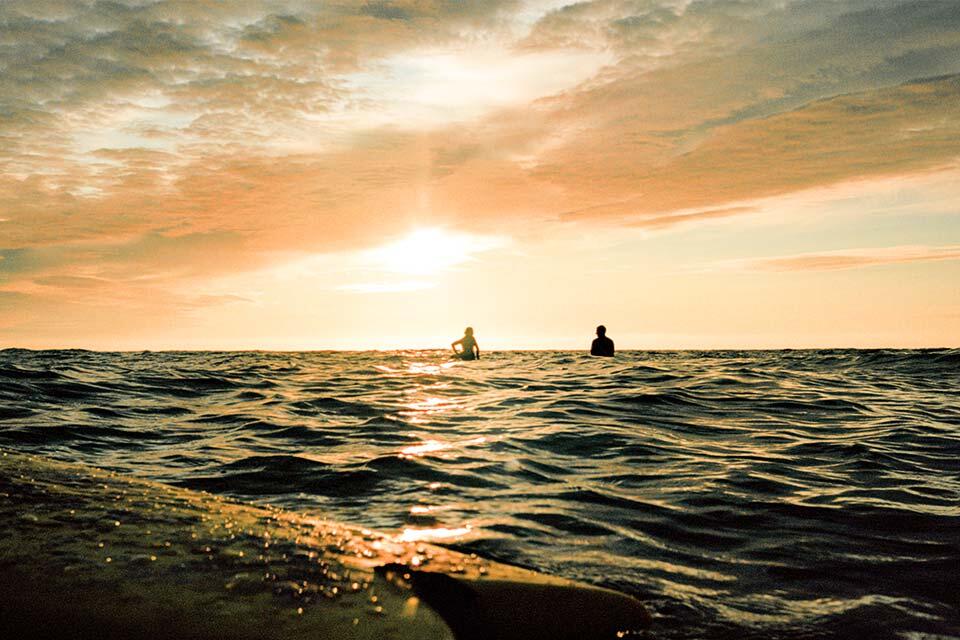Meet: Artist in residence, Sonia Shomalzadeh
We caught up with sand artist Sonia Shomalzadeh ahead of her residency at Watergate Bay from 7–10 June 2025, when she’ll be creating life-size wildlife drawings of endangered marine species on the beach.
Read more